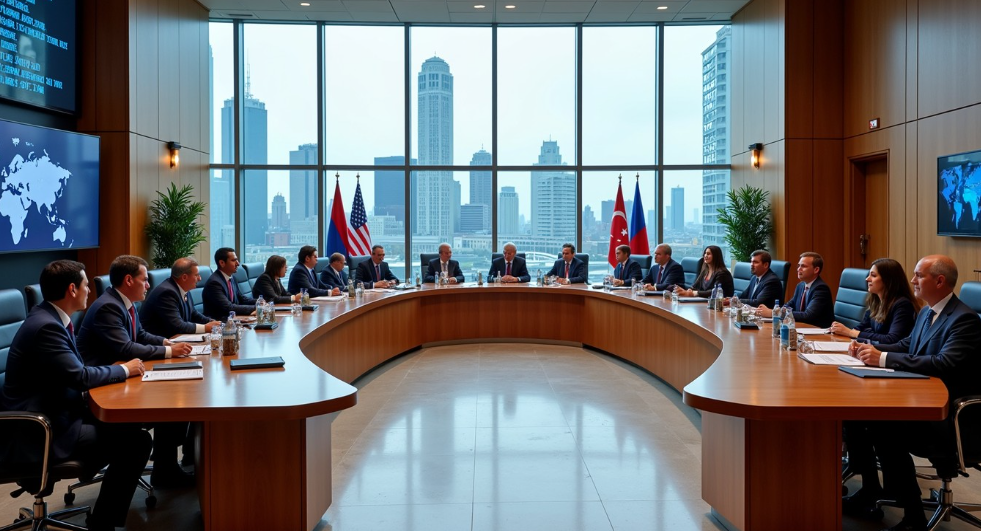|
Getting your Trinity Audio player ready...
|
Migration Diplomacy and the Politics of Leverage
By Staff Writer | August 2025
While public attention often focuses on deportation flights and border enforcement, the real story behind global migration diplomacy is one of control, compliance, and strategic leverage. Recent developments involving the United Kingdom, United States, and several African nations reveal a troubling pattern: migration agreements are increasingly used as bargaining chips in broader geopolitical negotiations.
🔹 Quiet Deals, High Stakes
For years, African governments have been quietly pressured into accepting deportees—many of whom lack verifiable ties to the receiving country—in exchange for promises of trade incentives, development aid, or relaxed visa policies. These arrangements often take place behind closed doors, with little public scrutiny or parliamentary oversight.
In 2023, the UK government paid £240 million to Rwanda under a controversial deportation agreement designed to relocate asylum seekers arriving in Britain. The deal was ultimately halted following public backlash and a ruling by the UK Supreme Court, which deemed Rwanda an unsafe third country for migrants. Despite the cancellation, Rwanda has since demanded an additional £50 million from the UK, citing contractual obligations.
🔹 The U.S. Approach: Quiet but Familiar
The United States has adopted a similar strategy, albeit with less fanfare. In August 2025, Rwanda agreed to accept up to 250 deportees from the U.S., with the right to approve each individual case. This follows earlier deportations to South Sudan and Eswatini, where individuals were held in solitary confinement under opaque conditions. The U.S. has also sought agreements with other African nations to offload migrants whose home countries refuse repatriation.
🔹 Nigeria and Ghana: Diverging Diplomatic Responses
Nigeria’s response to U.S. overtures was notably firm. Not only did the Nigerian government refuse to accept deportees, but it did so publicly, breaking with the tradition of quiet compliance. This act of transparency and sovereignty drew international attention and domestic praise.
However, the diplomatic cost was swift. Nigeria’s visa privileges were downgraded from five-year multiple-entry to three-month single-entry, a move widely interpreted as retaliatory and punitive. Critics have called it an act of diplomatic coercion, undermining the principles of reciprocity and mutual respect in international relations.
Ghana, by contrast, issued a measured and strategic response, signaling openness to dialogue while maintaining its national interests. Though less confrontational, Ghana’s posture reflects a growing awareness among African nations of the need to assert agency in migration negotiations.
🔹 Broader Implications: Sovereignty vs. Soft Power
These developments raise critical questions about the ethics and legality of migration diplomacy:
- Are deportation deals being used to bypass international protection norms?
- Do financial incentives compromise the sovereignty of receiving nations?
- Is visa policy now a tool of reward and punishment rather than mutual cooperation?
Human rights advocates warn that such arrangements risk turning vulnerable migrants into pawns in geopolitical games. The lack of transparency and accountability in these deals further exacerbates concerns about fairness, legality, and long-term consequences.
🔹 A Call for Equitable Reform
As migration pressures grow globally, the need for fair, transparent, and rights-based diplomacy becomes more urgent. African nations are increasingly demanding a seat at the table—not just as recipients of policy, but as equal partners in shaping it.
Nigeria’s public refusal and Ghana’s strategic diplomacy may signal a shift in tone: one that prioritizes sovereignty, dignity, and accountability over silent compliance. Whether this leads to more equitable migration frameworks remains to be seen but we do hope that it does and for the visa condition to be speedily reversed.



